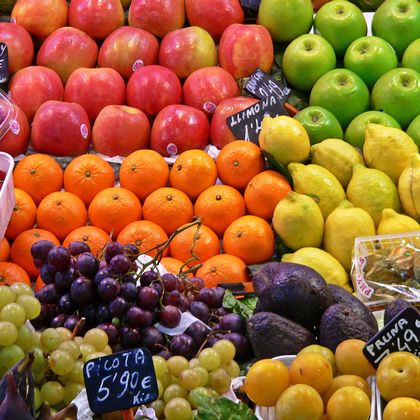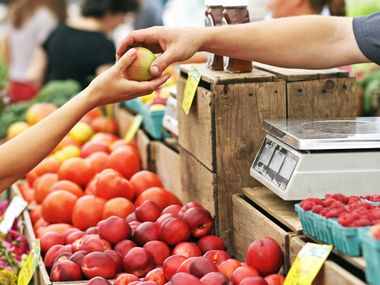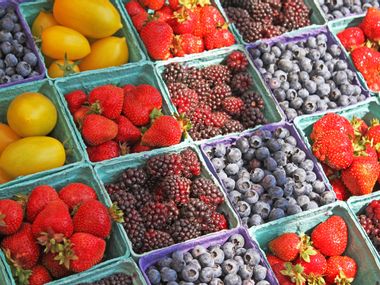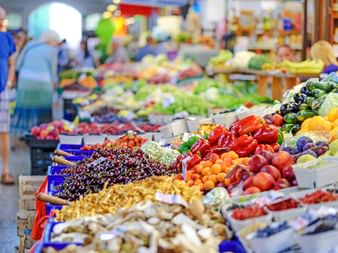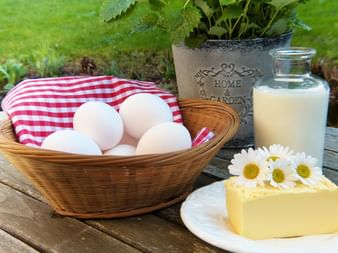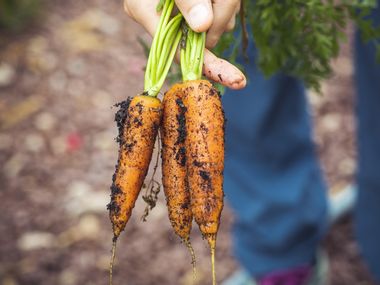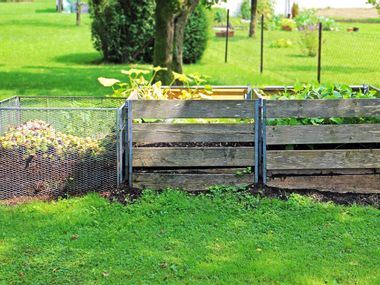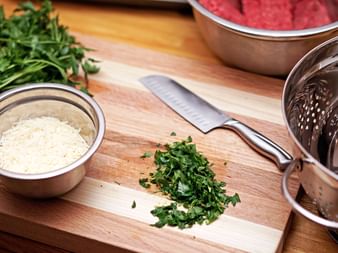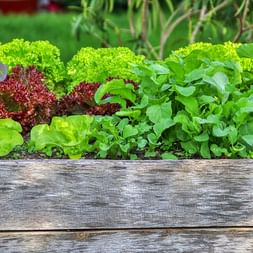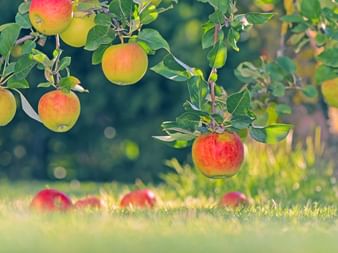The topic of sustainability, environmental awareness and conserving resources is on everyone’s lips. Numerous tips and helpful suggestions ensure that people are encouraged to rethink. At best, these practical recommendations provide a little more awareness in everyday life and, for one or the other, a changed more environmentally friendly lifestyle. For instance, did you know that our diet causes one fifth of all greenhouse gases? That is a lot!
We took a closer look at sustainability and nutrition and researched a few simple ideas that are guaranteed to do good for our planet. These tips for a climate-friendly diet not only taste good to you, but also to our environment. Read now what you can do in the kitchen to make our environment sustainable, save money and conserve resources at the same time.

